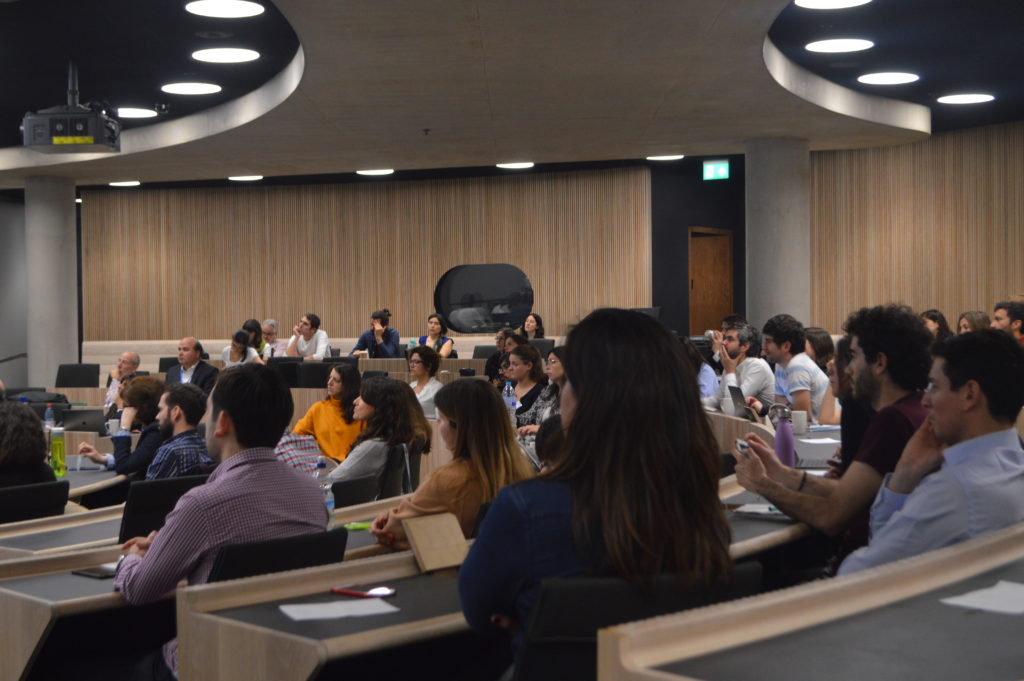In the past few days, the first edition of Chile Conference UK took place.
Valentina Rosas, Luksic Scholar, one of the creators and monitors of this conference, explains why this initiative was born:
-We are a group of Chilean graduate students that started the organization of this project eight months ago, with the idea of building a bridge for the analysis of public policies between Chile and the UK. This Conference aims to examine different red-tape areas of public policy bringing together people from the academia, policy-makers and students, and question what country we want to be in an academic environment that promotes respect and tolerance.
As students, we felt there was a general lack of places to think and debate about our country while we were studying abroad.
She also says that this group, as graduate students, cannot be disconnected from the public debate on the challenges that Chile is currently facing: a growing economy and a stable political scenario that nonetheless is sometimes blind to an aging population, high inequality, disaggregation that its cities are creating.
That is why they began with this idea: a conference to bring together Chileans currently living and studying in the UK to think about the country Chile wants to be.
Chile Conference on Public policy took place on May 24th in London (LSE) starting with the Ambassador David Gallagher and Consuelo Saavedra. Then, on labor market, taxation system, new criminal law and pension systems panels.
A panel was held in Oxford (Blavatnik School of Government) on the 25th, about the taxation system reform with the participation of Prof. Nicholas Barr, former Minister Rodrigo Valdés, Prof. Claudia Sanhueza (Universidad Mayor) and Pablo González from ILC investments (CChC) as representative of the private environment. Parallel panels on smart cities and poverty alleviation were also held.

Speakers were Anandi Mani Professor of Behavioural Economics and Public Policy at BSG; Alexandra Barrantes, Senior Social Policy Specialist in Development Pathways, Adriana Conconi, Executive Director at the Oxford Poverty and Human Development Initiative (OPHI) and Magdalena Rossetti, anthropologist from Universidad de Chile and currently, student of the Master of Public Administration at LSE.
At this panel, the multidimensional measurements of poverty as complement to income measurements, and behavioral science approaches to understand the effects and limitations that poverty produces in decision making were discussed
Again, in Valentina Rosas’ words: “With this round table, we are looking at new approaches that can enrich our protection system to enable us to deal with the next generation of social issues and their multicausality.”
